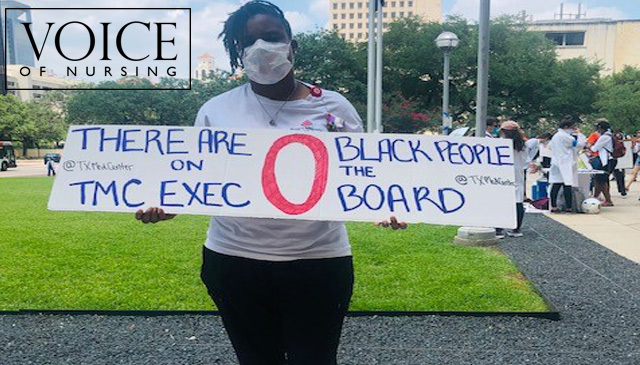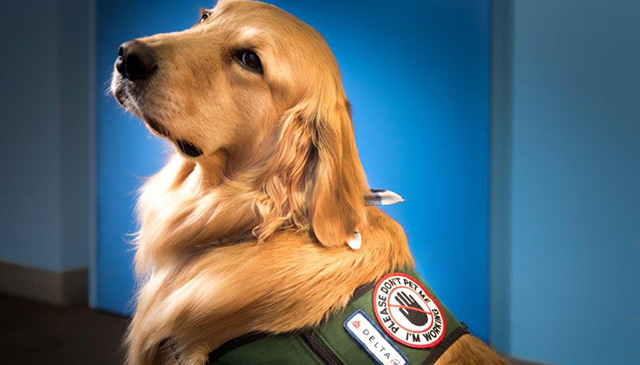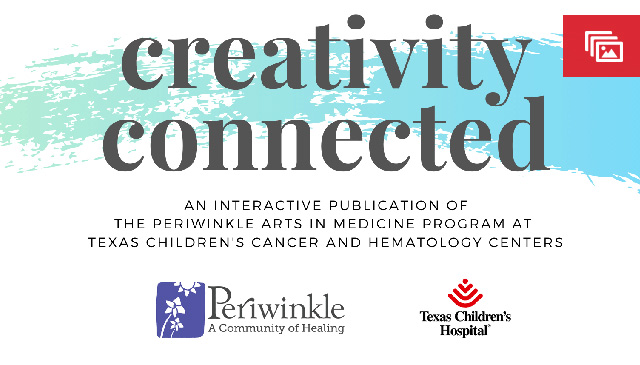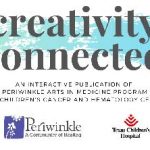
Calling all innovators! The Southwest National Pediatric Device Innovation Consortium (SWPDC) needs your help in identifying pediatric device projects that support COVID-19 related and other critical need projects.
SWPDC is a multi-institutional consortium supported by a U.S. Food and Drug Administration (FDA) P50 grant and anchored by Texas Children’s Hospital and Baylor College of Medicine that is dedicated to improving children’s health by supporting pediatric device innovators to create novel pediatric medical devices with local, regional, and national institutional and innovation partners.
The consortium is receiving supplemental funding to be able to award $100,000 in SWPDC 2020 Impact Grants for COVID-19 and other critical needs areas in the form of seed grants or in-kind support for related pediatric device projects. Applications are being accepted from July 8 through August 5. All pediatric device innovators can apply.
“Across the country, entrepreneurs are pivoting to address the health care challenges of the COVID-19 pandemic,” said Dr. Chester Koh, executive director and contact PI of SWPDC, Texas Children’s pediatric urologist, and Baylor Professor of Urology, OB/GYN, and Pediatrics. “This is a great opportunity to be part of this effort, especially as children are increasingly recognized as a vulnerable population for COVID-19.”
Interested applicants should complete the application here. The application consists of a short questionnaire, an itemized budget (up to $25,000 max) and an optional, but highly encouraged, one- to two-minute video pitch. Further information may be requested by the SWPDC staff, and funding will be made available September 1.
In this rapid cycle opportunity, these grants will be awarded to pediatric device companies as seed funding or in-kind services to support activities that improve the health care of the pediatric community during this pandemic. This opportunity is nonexclusive to COVID-19 and can also apply to other critical needs areas such as addressing the opioid epidemic. Medical devices with adult indications that are expanding their focus to the pediatric population are also welcome to apply.
Examples related to COVID-19:
- Devices that address an underlying medical condition that puts pediatric patients at increased risk for developing complications related to COVID-19
- PPE designed specifically to fit pediatric patients (to protect pediatric oncology and immune deficiency patients, to reduce community transmission)
- Advances in life saving ICU equipment designed specifically for pediatric patients
- Devices that permit pediatric patients to continue life-saving therapies at home (e.g. therapy for pediatric oncology patients)
- Devices that facilitate effective remote pediatric care (e.g. devices that relay critical information back to physicians caring for pediatric patients with chronic diseases)
- Devices that address pediatric device shortages (specifically related to COVID-19)














